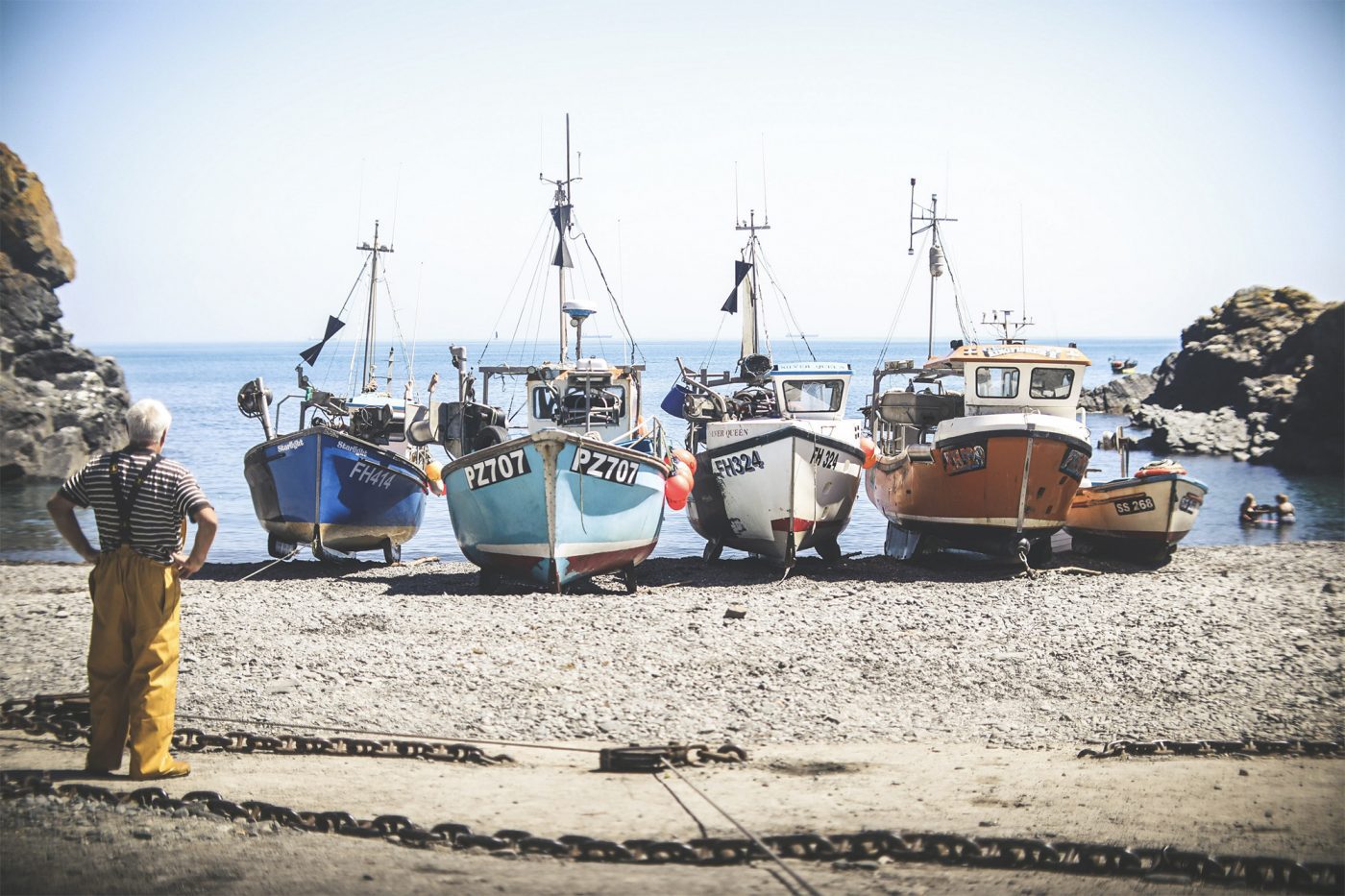21 December 2010
The Council of Ministers meeting of December 2010 may come to be seen as the high-water mark of a technocratic approach to EU fisheries.
Ministers’ rejection of such a large part of the Commission’s agenda was more than member states shielding their fishing communities from the Commission’s rigid and dogmatic approach to fisheries science and its rushed drive to high yield / MSY fisheries. Given the imminent approach of CFP reform, with the possibility of a decentralised management regime in the future, and also the arrival of co-decision-making with the European Parliament, it marked, if not the final rejection of a technocratic approach to managing fisheries, then the at least preparation of its obituary.
It has long been recognised amongst the more progressive thinkers within the Commission that successfully managing the many diverse and geographically dispersed fisheries in the EU, through a relatively small bureaucracy in Brussels, is an undoable task. In fact, although the EU fisheries directorate, DG Mare, employs around 300 staff, any serious policy decisions lie with around 20 people. It takes a degree of megalomania, not to say delusion, to envisage that a CFP in which everything from the twine thickness of part of a net used by a trawler in the North Sea, to the measurement of lobsters off Portugal could, or should, be determined these few Commission officials.
Even though they are often very capable people and their decisions are subsequently endorsed or modified by ministers, (whose direct exposure to fisheries may only have been a few short months on a part-time basis) this is not an arrangement that could be described as having been effective or remotely democratic. The real question is not why such an arrangement has failed, but why anyone thought that this degree of technocratic micro-management could ever work. We can be incredulous now but this has been the essence of fisheries management in the EU for the last 20 years. Policy failure has followed policy failure, some stocks declined to worrying levels from the 1980s, discards and disrespect for the system grew and the clamour for change grew louder.
However, the Commission’s initial reaction was not to reform the CFP itself but to shift to more rigid instruments – the crudest being to limit fishing vessels’ time at sea, with all the economic irrationality that that approach brings. Although some stocks have now responded to a range of measures the most significant being fleet reduction programmes, there is yet to emerge any evidence that effort control can deliver improvements in fishing mortality before a general collapse in the viability of the fleets.
We have come to the point where there is a general realisation that things have to change. There are no technocratic solutions in fisheries. Modern commercial fishing is a complex system involving biology, economics, politics, sociology and ecology. Progress has been made only:
- Where fishermen have brought into the heart of decision-making through strong organisations, whether this is at the port/regional, national level or within RACs
- Where there is flexibility that provides vessel operators with economic options, even if sometimes the options include one to leave the industry on fair and agreed terms
Building on these insights it should be possible to move forward beyond technocratic decision-making and micro-management towards regionalised management in some form or other, with arrangements that allow for a high degree of industry self-determination within a framework of safeguards and guarantees.

